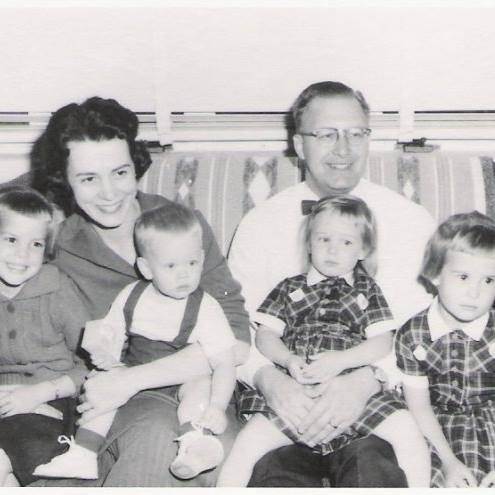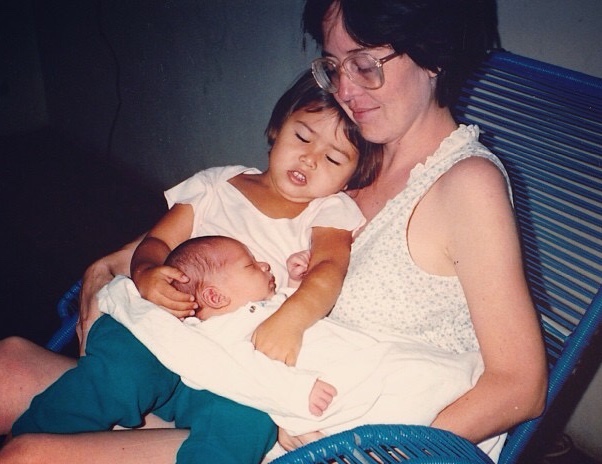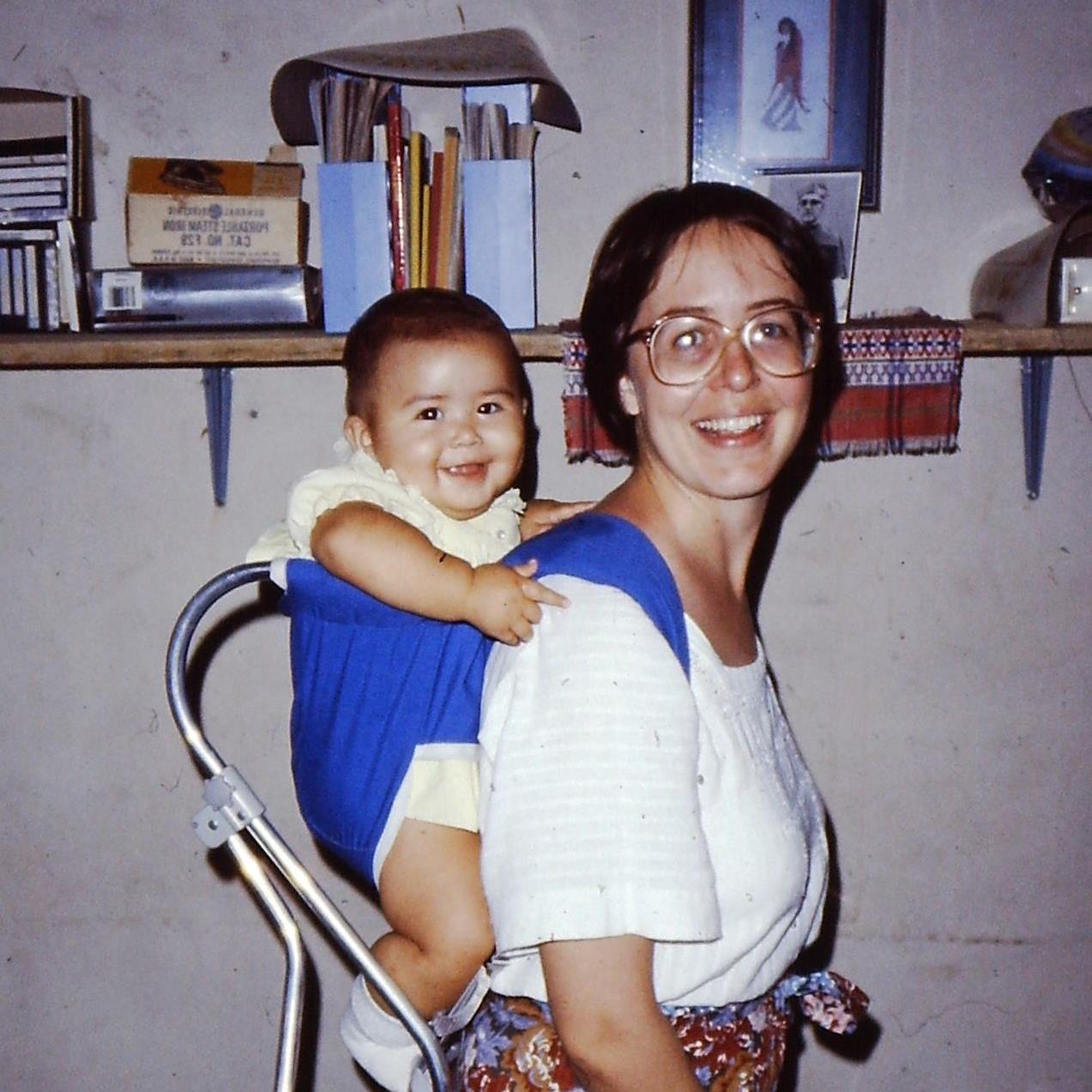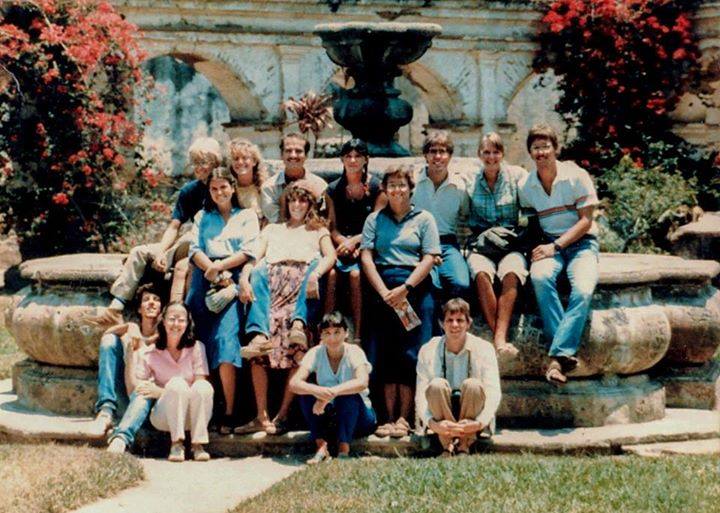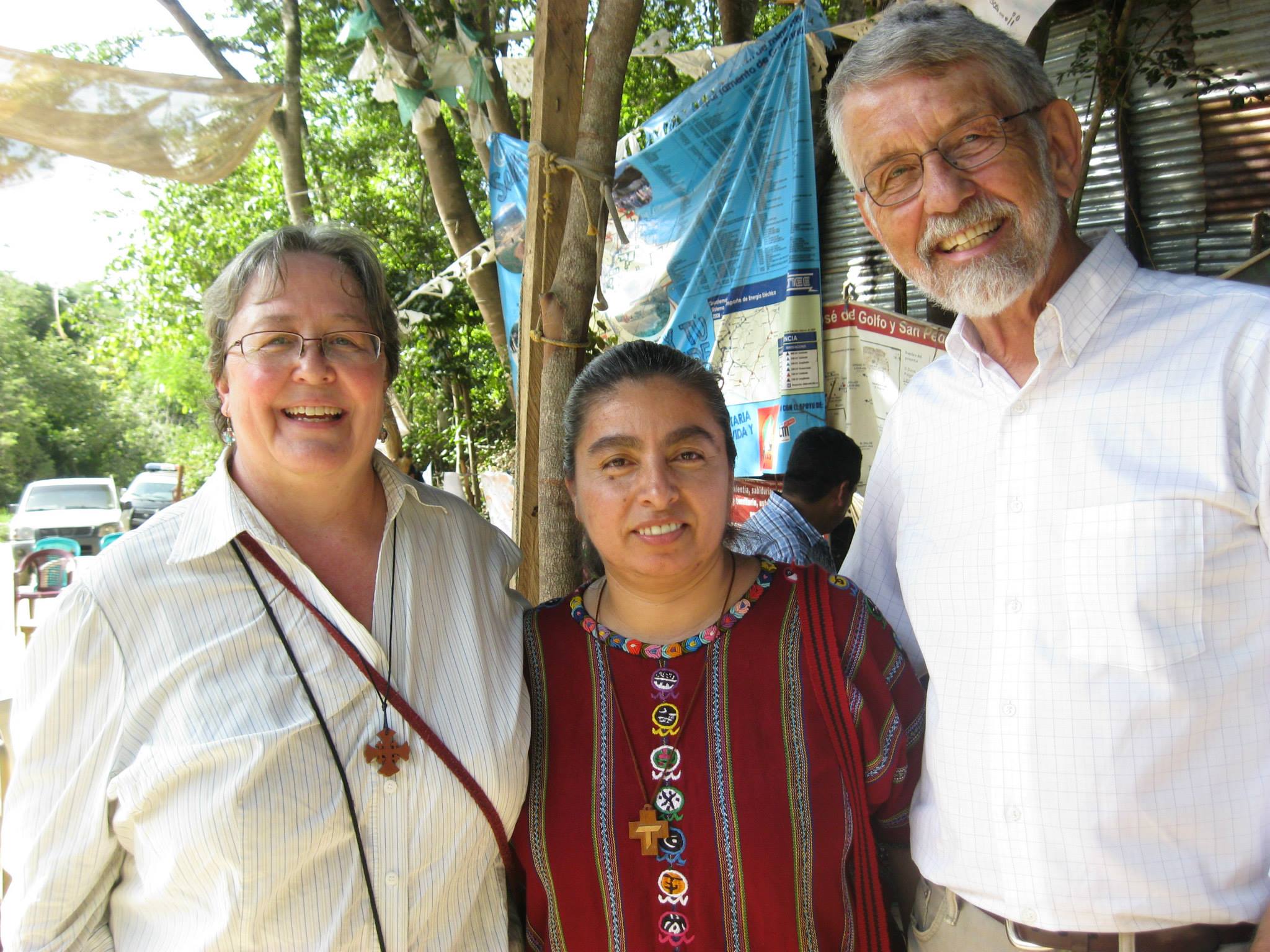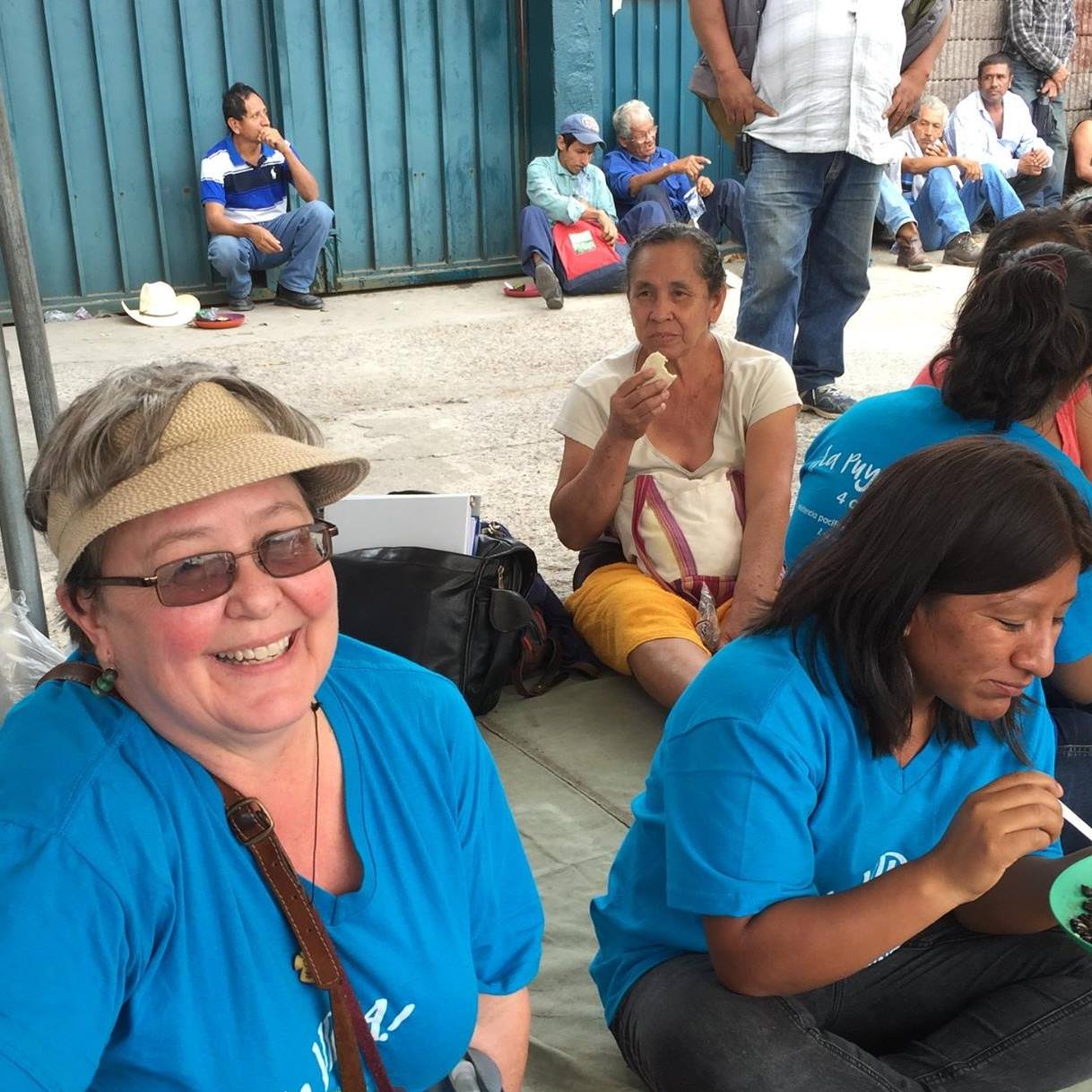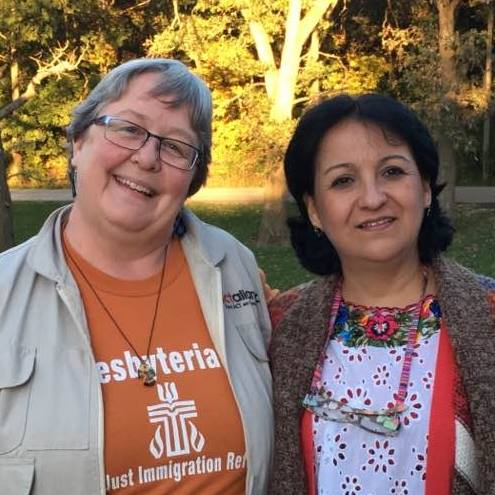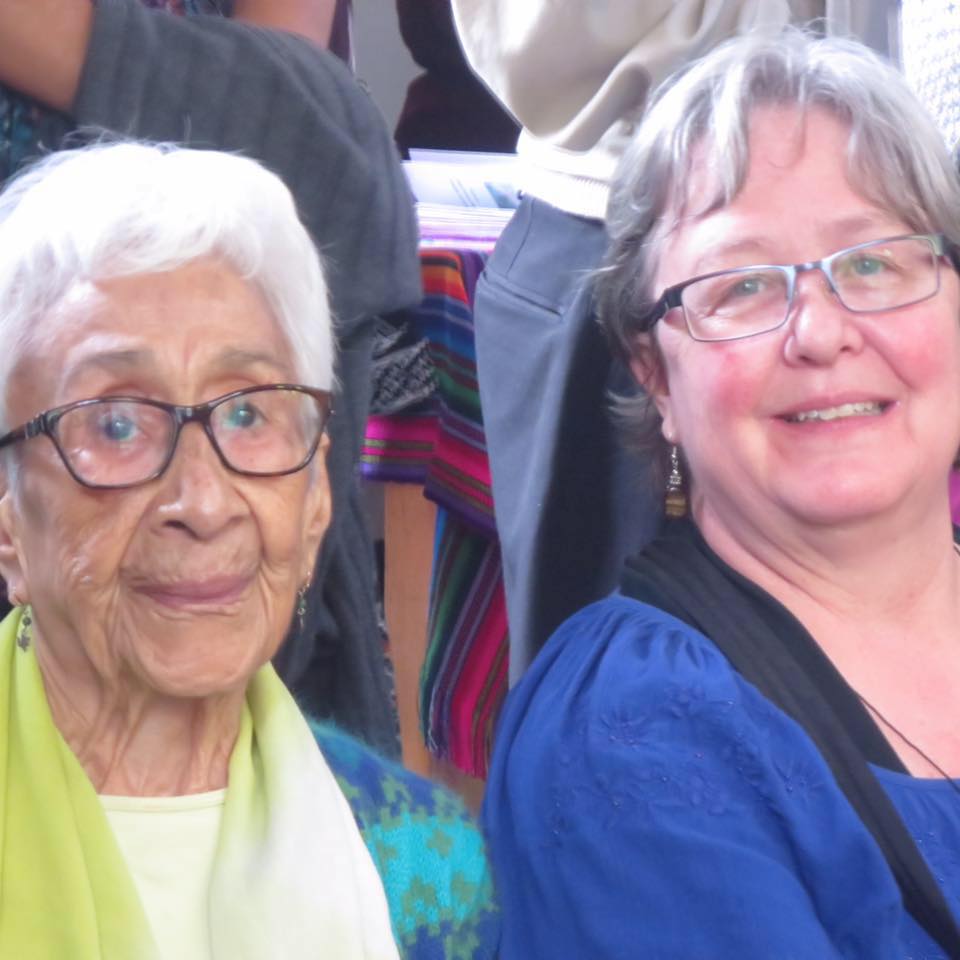A Letter from Leslie Vogel, regional liaison for Mexico and Guatemala
April 2019
Write to Leslie Vogel
Individuals: Give online to E200483 for Leslie Vogel’s sending and support
Congregations: Give to D507562 for Leslie Vogel’s sending and support
Churches are asked to send donations through your congregation’s normal receiving site (this is usually your presbytery)
23 Jesus replied, “The hour has come for the Son of Man to be glorified. 24 Very truly I tell you, unless a kernel of wheat falls to the ground and dies, it remains only a single seed. But if it dies, it produces many seeds. 25 Anyone who loves their life will lose it, while anyone who hates their life in this world will keep it for eternal life. 26 Whoever serves me must follow me; and where I am, my servant also will be. My Father will honor the one who serves me. John 12:23-26
The first time that I seriously grappled with the meaning and implications of this text was during the season of Lent in 1981. I visited Central America for the first time in 1979, and on March 24, 1980 — during the Lenten season — Archbishop (now Saint) Oscar Arnulfo Romero was assassinated. It has often been said that his sacrifice was like a seed that has produced much fruit in the Salvadoran people who continue to live out his legacy.
Since 2013, I have learned from my mission co-worker colleagues and other colleagues in ministry. Many have shared that their own lives have been a journey of movement, awakening and transformation, starting from very conservative, fundamentalist origins, and eventually growing into faith perspectives with much broader views.
However, my journey began as a child of Presbyterian missionaries among the Navajo people. I learned from my parents that faith meant casting one’s lot with the poor and outcast, that it meant taking risks and challenging systems and structures. I grew up believing that following the gospel of Jesus Christ meant, in one way or another, giving of one’s life (even if I didn’t always imagine it meant giving up one’s life in martyrdom). Certainly, my life has taken a more radical turn than those of my parents, but they were outside the norm of what was acceptable or typical for their time.
Our home in Navajoland was always open to anyone who might be passing through — whether that be a Thai student from Peabody Teacher’s College in Nashville, TN, who would return to his country to serve as a principal of a Christian school there, or moderators of Presbyterian General Assemblies who were on national speaking visits to the Presbyterian Church’s “flagship” national mission site in the U.S. at that time. Visitors even included the daughter of family friends who found herself unwed and pregnant in an era when she didn’t dare return home to her good Presbyterian parents in that condition.
I have lived my life in many different circumstances, but I have always been seeking to serve God, to work for justice, and to strive to love all of God’s creation and people. In some moments, this put my life and my family at risk — such as when I served as a mission worker (and young wife and mother) in El Salvador during that country’s 12-year civil war in the ‘80s and ‘90s.
These days, although I am back in Central America for a second time of service as a mission co-worker — this time in Guatemala — I am certainly living a more privileged existence than the first time around. Upon the advice of our Guatemalan mission partners, I live in a gated community and drive a vehicle rather than taking the public buses. To my chagrin, I recently heard a presentation about the country’s socio-economic reality: “The more privileged one is economically, the more one’s life is isolated, lived behind the walls of one’s gated community with armed guards and behind the polarized windows of one’s vehicle.” I blushed to realize that the speaker was describing my life. That was never how I envisioned the life of a mission worker should be.I am grateful, however, that I am not 100% isolated, thanks to my colleagues in ministry who invite me to visit and accompany them in their communities as they work with migrants and survivors of volcanic eruptions or gang violence. They take me to visit sites of peaceful resistance against mining and agribusiness projects that are threatening the ecology and health of the surrounding populations. They invite me into their homes to celebrate birthdays and graduations, as well as to mourn tragic accidents and deaths from illness and old age.
Truly, the one who seeks to save her life will lose it; if I stayed behind my darkened car windows and the gates and walls that surround my house, I would not only miss most of life in Guatemala, but I would also lose myself and my purpose for being here. I would literally lose sight of the Gospel message. I am grateful that the Gospel, through Jesus’ message and example, challenges me to continually let go of my life in order to reach out to, to care for, and to stand in solidarity with the rest of God’s people. For it is only in doing so that I begin to experience abundant life in Jesus Christ.
I want to thank you for your faithful support of me in my ministry as a PC(USA) mission co-worker — and especially in my new role as regional liaison. Your prayers, warm hugs during visits, emails, and financial gifts are all blessings that support and sustain me in this important work.
Un millón de gracias. My heartfelt thanks.
Leslie
![]() You may freely reuse and distribute this article in its entirety for non-commercial purposes in any medium. Please include author attribution, photography credits, and a link to the original article. This work is licensed under a Creative Commons Attribution-NonCommercial-NoDeratives 4.0 International License.
You may freely reuse and distribute this article in its entirety for non-commercial purposes in any medium. Please include author attribution, photography credits, and a link to the original article. This work is licensed under a Creative Commons Attribution-NonCommercial-NoDeratives 4.0 International License.
